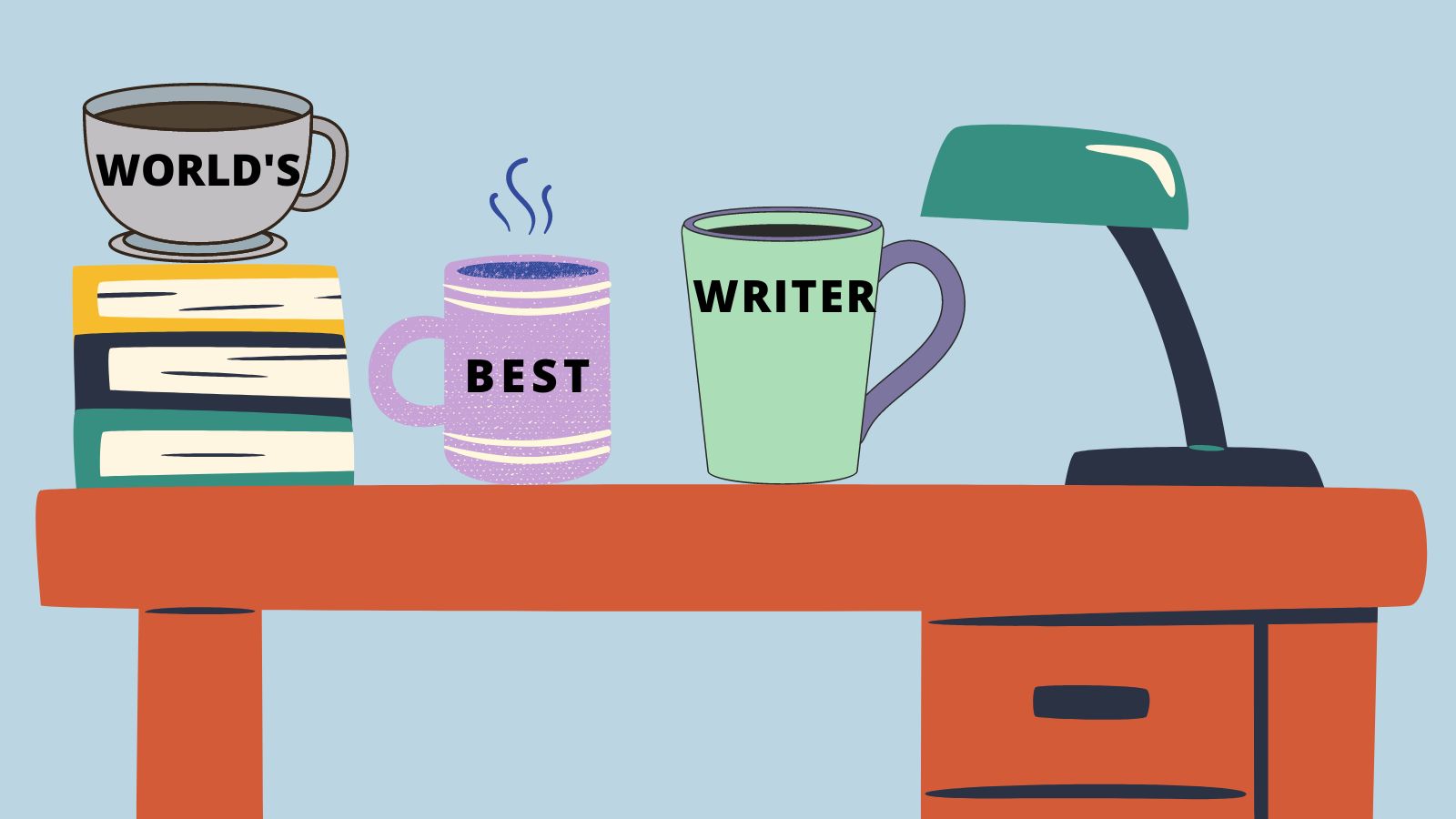It’s finally here — that email in your inbox from the editor you hired to provide feedback on your WIP!
For advice on securing a good developmental editor, you can read my older post here.
The developmental letter:
My first tip is fairly pedestrian. Sorry. But… breathe! Deeply and deliberately. Be present. Remember that writing means revision, that the process is where the joy lies (I find revision fun once I get past my insecurities) and that your editor is responding to the work — as they experienced it on the page in this iteration — not responding to you, your worth, or your story’s final worth.
First, read the entire letter before tearing into the marginal and summary comments. In that letter, your editor will help frame a context for their overall approach. During this reading, stop frequently to capture your thoughts. If you find yourself thinking, “Hey, that’s not true!” or “Ugh, I was wondering if that might be an issue,” then it’s time to pause and capture that mental momentum. Transpose the comment, feedback, or idea to the top of a clean page (not the same file as your WIP) and let yourself have your reaction while your writer’s intuition is talkative. You might even brainstorm a solution or hatch a new idea that would otherwise get lost in the din when you become distracted by the next comment.
Remember, there’s no reason to read the entire letter in one sitting. Developmental editing/editorial assessment letters are lengthy and dense, often eight or more single-spaced pages. If you feel yourself getting overwhelmed, breathe again and contact that support system we talked about last month.
Marginal comments:
The volume of marginal and summary comments varies depending on editing style as well as the agreed-upon type of editing. I’m heavy on in-text comments, and in kind, I prefer detailed and precise feedback on my own WIPs. However, that constant fear we carry of being judged or found lacking can make reading edits an emotionally draining experience.
I recommend reading that first chapter slowly and with a sense of detachment. The editor probably commented more extensively here than anywhere else other than perhaps the ending. Editors engage deeply with this initial content, knowing that the first pages are crucial to securing an agent or hooking a reader. When I edit, I read the first chapter four times — twice to get a solid footing as I step into the manuscript, a third time when I double-check the macro aspects/arcs, and then one last time to ensure that the opening and closing resonate thematically. Although editors want to be thorough, and although writers crave feedback, the sheer volume of comments and questions in that first section may feel overwhelming.
Why? Well, think back to your pre-writerly life. Most of the feedback we’ve received on academic or professional writing has been critical at worse and neutrally constructive at best. We’re conditioned to think that comments on a text equal failure. So absorb that first chapter at great length, and tell your inner critic to calm down. The editor’s notes will likely soon taper off and you won’t feel so whiplashed.
Whatever you do, don’t try to process the entire batch of comments in one sitting. You simply won’t be able to give each one the attention it deserves.
Don’t forget to celebrate your wins! It’s so easy to tune out praise and focus on criticism. Honor the reading of these comments. You worked hard, and your WIP (Wippy) deserves this attention for which you just paid a good sum of money. Crack open a favorite kombucha/ale/overly-sugared coffee drink and make this event feel cozy. After all, just getting to this stage means you wrote a novel. Keep reminding yourself of that.
You wrote a novel.
You’ve a novelist.
I like to take a few lines of the most ringing praise and put them on my fridge (my real one, not the mental fridge mentioned in my last blog). I’m not kidding. Isn’t seeing the words of a professional editor who believes in you better than reading that dang fortune-cookie advice every morning before you reach for the iced coffee? “Your characterization is stellar and I fell in love with Jo” is highly preferable to warnings about strangers and wooden nickels.
One last tip – don’t circle the Google Hangouts wagons to complain about editorial misunderstandings or lament that your editor doesn’t get you or your characters (even if they don’t). Having your worth reinforced feels good in the immediate sense but won’t improve your writing, and this kind of checking-in with comrades can make it easy to doubt or dismiss an editor’s insights. Instead, approach your buddies for help with specific aspects of your WIP that you wish to fix, even if you don’t want to and were hoping it was perfect as it was.
In my next blog, I’ll offer some guided writing exercises and strategies to help you apply editors’ comments for a robust revision.

